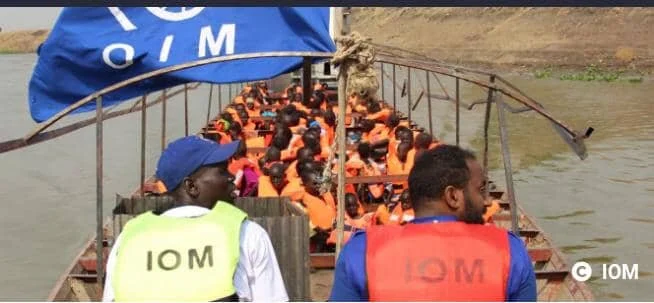In 2023, the Seventy-sixth World Health Assembly, having considered the report by the Director-General on sustainable financing, requested the Director-General to develop the draft Fourteenth General Programme of Work, 2025–2028 (GPW 14) in consultation with the Member States, as the technical strategy to underpin the first WHO investment round in the last quarter of 2024. GPW 14 is to replace the Thirteenth General Programme of Work, 2019–2025 (GPW 13) one year early, include a financing envelope and strong results narrative, and draw on lessons learned from GPW 13. GPW 14 will be considered for approval by the Seventy-seventh World Health Assembly in 2024, through the Programme, Budget and Administration Committee of the Executive Board at its thirty-ninth meeting and by the Executive Board at its 154th session.
Migration Amid COVID-19: Young Africans Weigh Their Options
While the African migration narrative may be dominated by desperate youth involved in irregular migration, the near-term impact of the COVID-19 pandemic on them has also increased the migration of certain groups, especially those with skills useful in the health sector of destination countries. Increasingly, migration for work or education has become a common phenomenon in Africa. Data from the International Migrant Stock 2019 report, prepared by the UN Department of Economic and Social Affairs (DESA), shows that international migrants in 2019 numbered an estimated 272 million, an increase of 51 million since 2010.
Let’s All Unite To End Violence During COVID-19 And Beyond
Violence against women and girls is a global human rights challenge. The COVID-19 pandemic has further exposed this issue as a global emergency requiring urgent action at all levels, in all spaces and by all people. Today we will hear from the Member States about just some of these promising practices, ranging from funding and support for critical services and innovative justice sector responses to awareness campaigns that challenge harmful gender stereotypes and norms.




